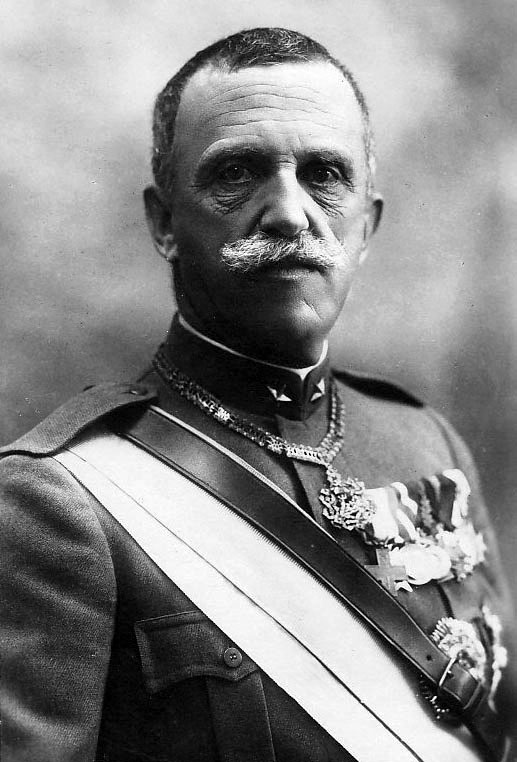
ROME — The remains of Italy’s King Victor Emmanuel III were repatriated from Egypt and interred in a family mausoleum Sunday in northern Italy, 71 years after Italians rejected the monarchy in a referendum and the country’s royals went into exile.
The return of the king who for a time backed Benito Mussolini’s fascist dictatorship dismayed members of Italy’s tiny Jewish community and Italians devoted to the memory of the partisan fighters who tried to free the country from fascism’s grip during World War II.
Draped in a flag with the House of Savoy crest, a coffin bearing the king’s remains was brought to a chapel inside the Sanctuary of Vicoforte, a church in the northwest Piedmont region, which was the royal family’s base.
Victor Emmanuel died in 1947 in Alexandria, Egypt, a year after he abdicated in favour of his son in an unsuccessful attempt to preserve the monarchy. His remains had been kept in Alexandria’s St. Catherine’s Cathedral.
Italy’s post-war Constitution banned male descendants of the royal house from Italian soil because of the family’s earlier support of Fascist dictator Benito Mussolini. The ban was lifted in 2002.
The remains of Victor Emmanuel’s wife, Queen Elena, were transferred Friday from Montpellier, France, and were similarly interred in the chapel during a private ceremony, the town of Vicoforte said. Elena died in France in 1952.
Emanuele Filiberto di Savoia, the king and queen’s great-grandson, told Italian daily newspaper Corriere della Sera he was upset the couple’s remains weren’t placed at the Pantheon in Rome.
The ancient Roman monument is where Italy’s first two Savoy kings, Victor Emmanuel II and Umberto I, and its first queen, Margherita, are buried.
Di Savoia was quoted Sunday as saying that members of the House of Savoy, with roots stretching back to the Middle Ages, shouldn’t be buried ‘‘in just any tomb,’‘ but deserved to be in the Pantheon.
Asked if the Pantheon as a burial site wouldn’t be ‘‘anachronistic’‘ given Victor Emmanuel III’s support for fascism, the great-grandson said, ‘‘It’s not out of step with the times to hope for respect for kings.’‘
He spoke to Corriere della Sera from Romania on Saturday, when several European royals attended the state funeral of Romania’s last monarch, King Michael.
Victor Emmanuel, who reigned from 1900-1946, relinquished the throne to son Umberto II in 1946. Umberto II ruled just a few weeks before Italians rejected the monarchy and voted to make the country a republic.
The return of the king’s remains, and the use of an Italian air force plane to bring them from Egypt, angered some who remain proud of the Italians who resisted fascism.
‘‘Bringing the body to Italy with solemnity and on a state flight is something that clashes with the consciences of those who preserve a historic memory,’‘ Carlo Smuraglia, the former president of an association of Italian anti-Fascist partisans, told news agency ANSA.
A left-wing lawmaker, Giulio Marcon, also expressed dismay that a military plane was used to fly the remains back to Italy.
Victor Emmanuel ‘‘didn’t oppose the arrival of the fascist dictatorship, signed the shameful racial laws against the Jews’‘ and led Italy into ‘‘the disaster of the war on the side of the Nazis,’‘ ANSA quote Marcon as saying.
Property and businesses were seized from Jewish owners in Italy under 1938 racial laws that also prohibited Jews from marrying non-Jews and attending educational institutions.
Ruth Dureghello, the head of Rome’s Jewish community, expressed ‘‘much bitterness’‘ that the king’s remains were now interred in Italy. She spoke as the city’s ancient Jewish neighbourhood was celebrating Hanukkah.
When Rome was occupied by Nazi troops in 1943, Jews in the neighbourhood were rounded up and sent to Nazi concentration camps, where most of the deported Romans perished.